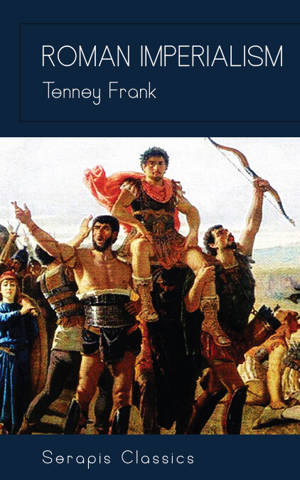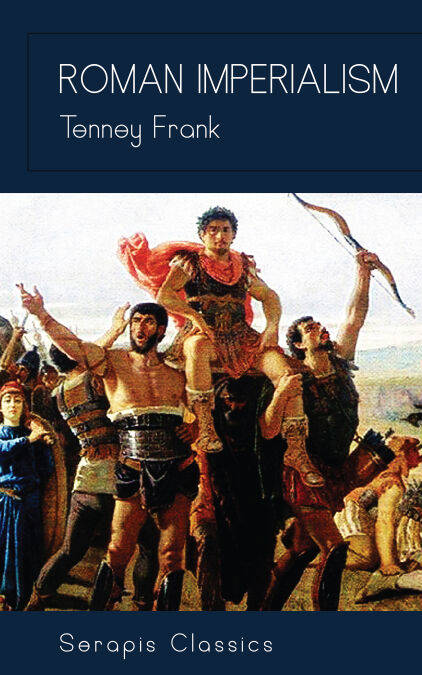
- Afhalen na 1 uur in een winkel met voorraad
- Gratis thuislevering in België vanaf € 30
- Ruim aanbod met 7 miljoen producten
- Afhalen na 1 uur in een winkel met voorraad
- Gratis thuislevering in België vanaf € 30
- Ruim aanbod met 7 miljoen producten
Zoeken
Omschrijving
My purpose in the following pages has been to analyze, so far as the fragmentary sources permit, the precise influences that urged the Roman republic toward territorial expansion. Imperialism, as we now use the word, is generally assumed to be the national expression of the individual's "will to live." If this were always true, a simple axiom would suffice to explain every story of conquest. I venture to believe, however, that such an axiom is too frequently assumed, particularly in historical works that issue from the continent, where the overcrowding of population threatens to deprive the individual of his means of subsistance unless the united nation makes for itself "a place in the sunlight." Old-world political traditions also have taught historians to accept territorial expansion as a matter of course. For hundreds of years the church, claiming universal dominion, proclaimed the doctrine of world-empire; the monarchs of the Holy Roman Empire and of France reached out for the inheritance of ancient Rome; the dynastic families, which could hold their own in a period of such doctrine only by the possession of strong armies, naturally employed those armies in wars of expansion. It is not surprising, therefore, that continental writers, at least, should assume that the desire to possess must somehow have been the mainspring of action whether in the Spanish-American war or the Punic wars of Rome...
Specificaties
Betrokkenen
- Auteur(s):
- Uitgeverij:
Inhoud
- Aantal bladzijden:
- 112
- Taal:
- Engels
Eigenschappen
- Productcode (EAN):
- 9783963134456
- Verschijningsdatum:
- 11/11/2017
- Uitvoering:
- E-book
- Formaat:
- ePub

Alleen bij Standaard Boekhandel
Beoordelingen
We publiceren alleen reviews die voldoen aan de voorwaarden voor reviews. Bekijk onze voorwaarden voor reviews.







